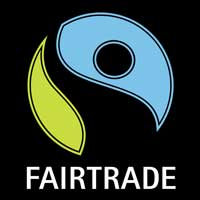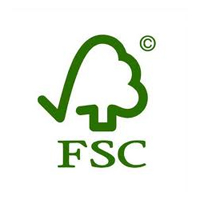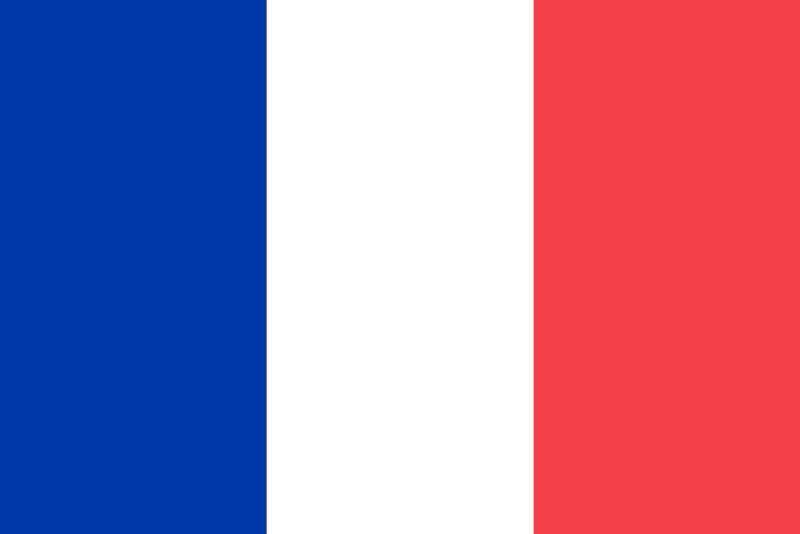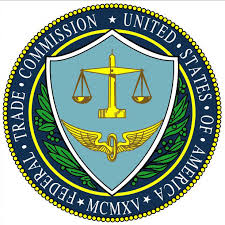The Fairtrade Textile Standard is one component of the greater Fairtrade Textile Programme which aims to facilitate change in textile supply chains and related business practices. It was expected to have a complete review in 2021 but so far, a review is not planned.
The Fibershed Program aims to develop regional natural fibre systems that generate lasting prosperity for local economies, global climate, and the health and diversity of the ecosystem. Each program shares the same goal: the development of systems from soil to soil, where textiles are grown, processed, designed, sewn, sold, worn, and eventually composted.
The Forest Stewardship Council is an independent, non-governmental organisation established to promote the responsible management of the world’s forests using voluntary, chain of custody certification. Man-made cellulosic textiles such as viscose and lyocell are derived from wood – and account for around 6% of global textile fibre supply.
This French law relates to the environmental labelling of waste-generating products for sale on the French domestic market including textiles and clothing.
The Loi de Vigilance law in France was introduced in 2017 and requires large French companies to publish an annual ‘vigilance’ plan to identify environmental and human rights risks in their supply chains.
The Federal Trade Commission's (FTC) Green Guides provide guidance to help marketers avoid making false or misleading claims about the environmental benefits of their products, packages, or services.
The Green Guides do not have the force of law but can be used as evidence in FTC enforcement actions.















